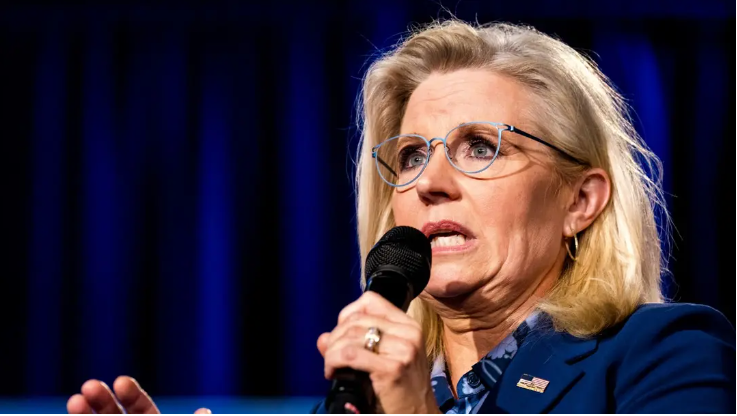Algeria: Pres. Tebboune Wins Second Term
Algeria's incumbent Pres. Abdelmadjid Tebboune has been re-elected to a second term in office, winning 95% of the votes polled on Saturday....
0:00
/1861
Facts
- Algeria's incumbent Pres. Abdelmadjid Tebboune has been re-elected to a second term in office, winning 95% of the votes polled on Saturday.[1]
- According to the country's electoral commission, Tebboune's main rivals, Abdelaali Hassani Cherif and Youcef Aouchiche, secured 3% and 2% of the votes, respectively.[2]
- Tebboune, 78, was first elected president in 2019. This year, he had pledged to create 450K new jobs and to increase social assistance if voted back to power.[3]
- Of the more than 24M Algerians registered to vote, 48% reportedly cast the ballot. In 2019, the turnout was 40%.[4][2]
- A joint statement on Sunday by the campaign teams of all three candidates — including Tebboune's — reportedly alleged 'irregularities' in the results declared by the poll body around the participation totals.[5]
- Earlier, during the run-up to the election, human rights groups had alleged the harassment of those associated with the opposition, media, and civil society.[6]
Sources: [1]Newsonair.Gov.In, [2]Reuters, [3]The Times of India, [4]UPI, [5]South China Morning Post and [6]Associated Press.
Narratives
- Narrative A, as provided by Atlantic Council. Tebboune's re-election promises stability for Algeria, allowing the government to address deeper issues. His increased popular support, bolstered by expanded social spending from oil and gas revenues, suggests a mandate for continuity. The backing of major political parties, unions, and the security apparatus ensures a strong foundation for governance. Tebboune's experience and established relationships within the system position him to navigate Algeria's complex political landscape and initiate much-needed reforms.
- Narrative B, as provided by The New Arab. Algerian democracy has become largely performative, with Tebboune's re-election revealing the system's true nature. The election, hastily moved to September, was a sham as his victory was guaranteed by military backing. Opposition candidates are little more than window dressing in a political landscape marked by repression, economic stagnation, and mass disillusionment. As Algerians increasingly turn away from a system that betrays them, the dream of genuine democracy remains distant.







